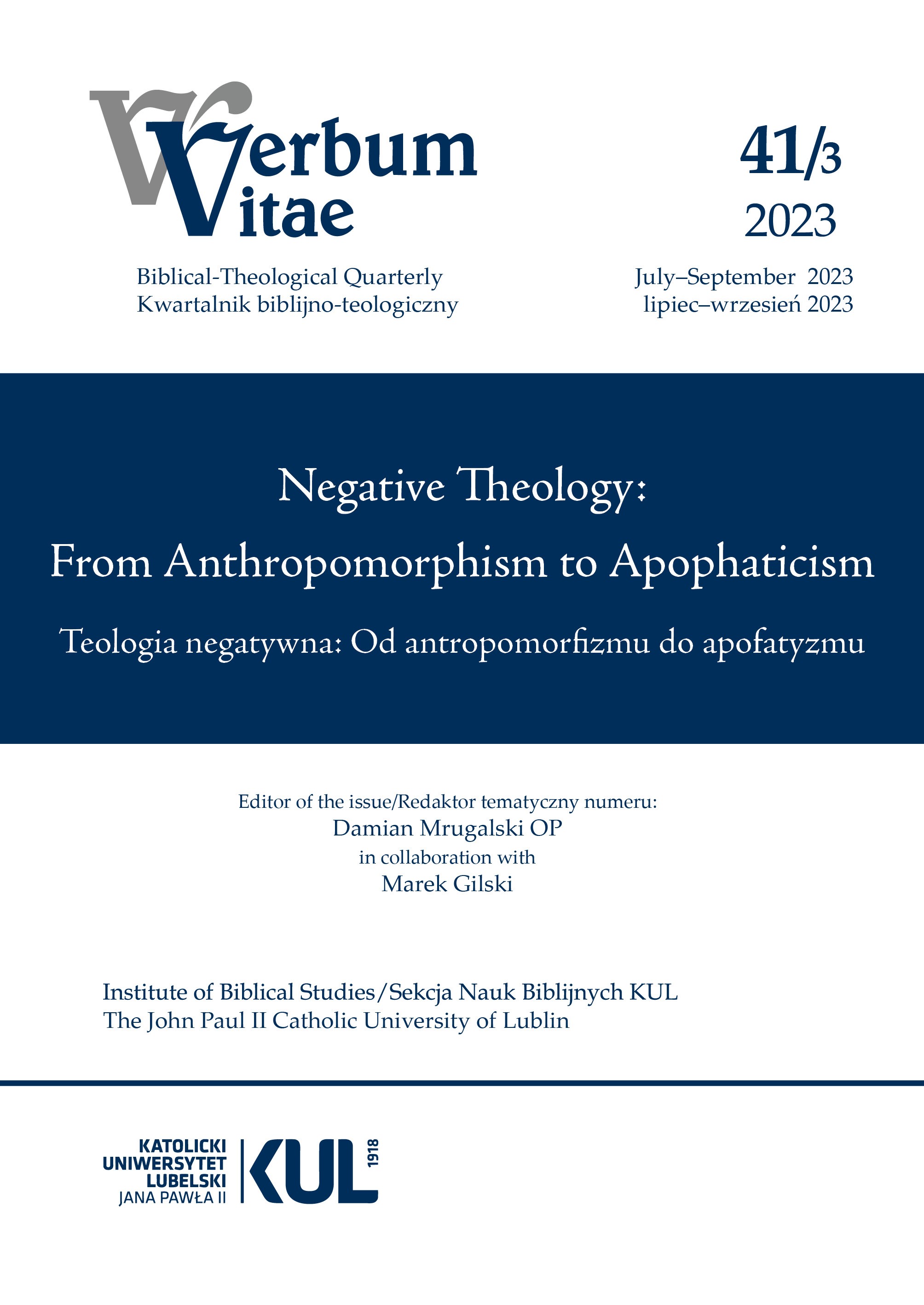Apophaticism, Mysticism, and Epoptics in Ancient and Patristic Philosophy: Some Important Examples
Apophaticism, Mysticism, and Epoptics in Ancient and Patristic Philosophy: Some Important Examples
Author(s): Ilaria L.E. RamelliSubject(s): History of Philosophy, Special Branches of Philosophy, Theology and Religion, History of Religion
Published by: Katolicki Uniwersytet Lubelski Jana Pawła II - Wydział Teologii
Keywords: patristic philosophy; mystic apophaticism; Clement; Origen; Gregory of Nyssa; Pseudo- Dionysius; Plotinus, Porphyry; Proclus; epoptics; mystica; ἔρως and ἀγάπη; epektasis; ἐπιστροφή and ἀποκατάστασις
Summary/Abstract: This article investigates mystic apophaticism in a set of Greek Patristic theologians, profoundly informed by philosophy, especially imperial Platonism: Clement, Origen, Gregory of Nyssa, and Pseudo-Dionysius. Both the terminology and the argumentative structure will be examined in each author and important connections among themselves and with ‘pagan’ Neoplatonists (including Plotinus, Porphyry, and Proclus) will be drawn. The reciprocal interrelations among epoptics, ἔρως and ἀγάπη, epektasis, and ἐπιστροφή and ἀποκατάστασις will be pointed out. The article will argue for the intended double-reference strategy to both ‘pagan’ and Christian Platonism, as well as Dionysius’ veiled response to Porphyry qua accuser of Origen, and the meaning of the charge, levelled against Dionysius himself, of “making unholy use of Greek things”—which is what ‘pagans’ had already charged Origen with. Dionysius retorted, “it is the Greeks who make unholy use of godly things to attack God!”, and this is again what Origen had responded.
Journal: Verbum Vitae
- Issue Year: 41/2023
- Issue No: 3
- Page Range: 547-586
- Page Count: 40
- Language: English

